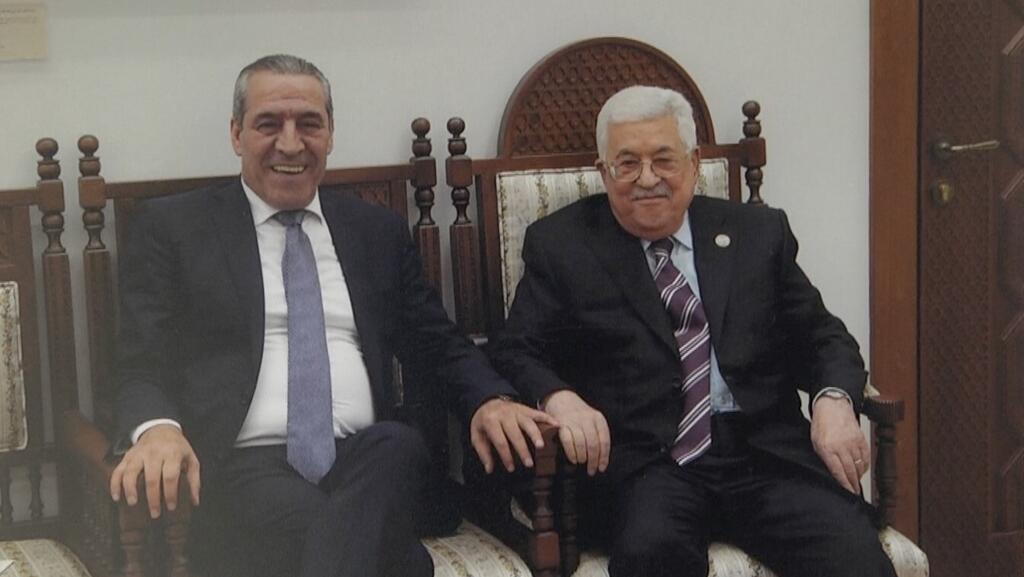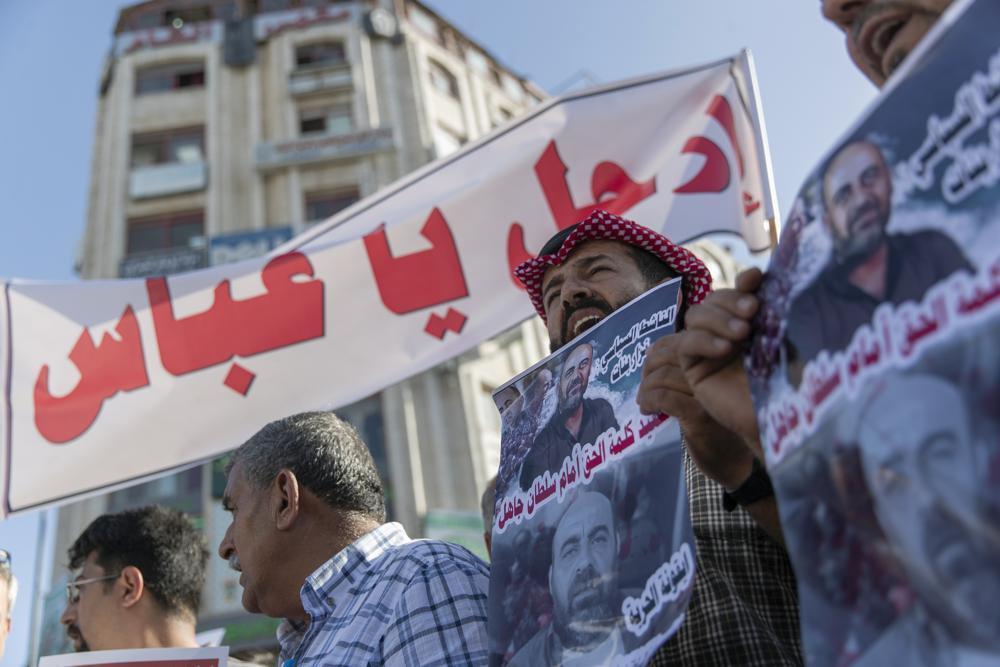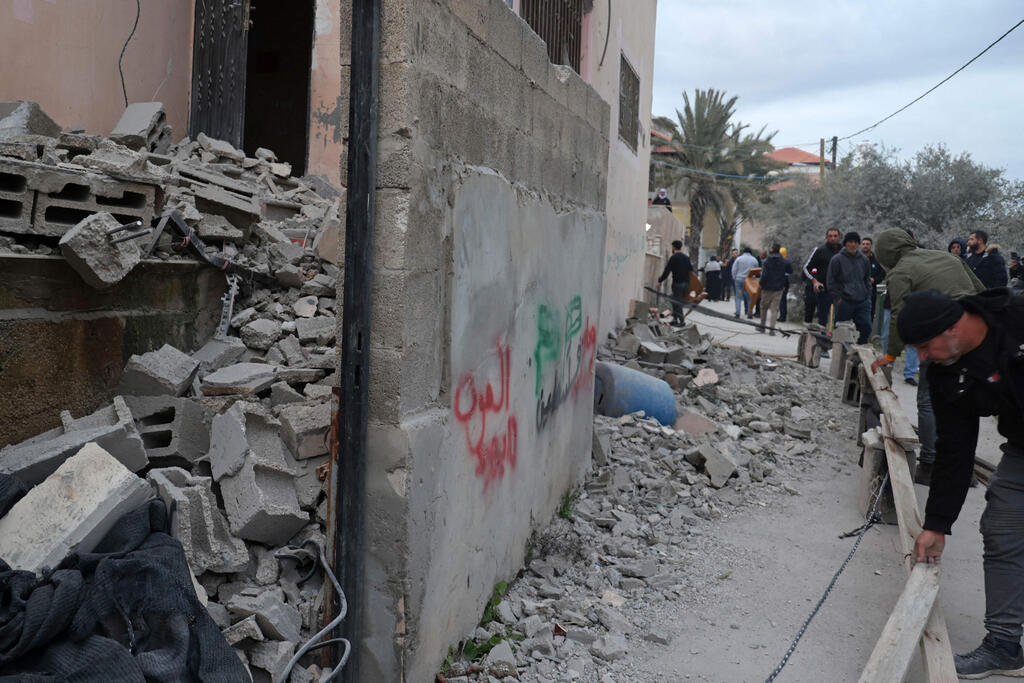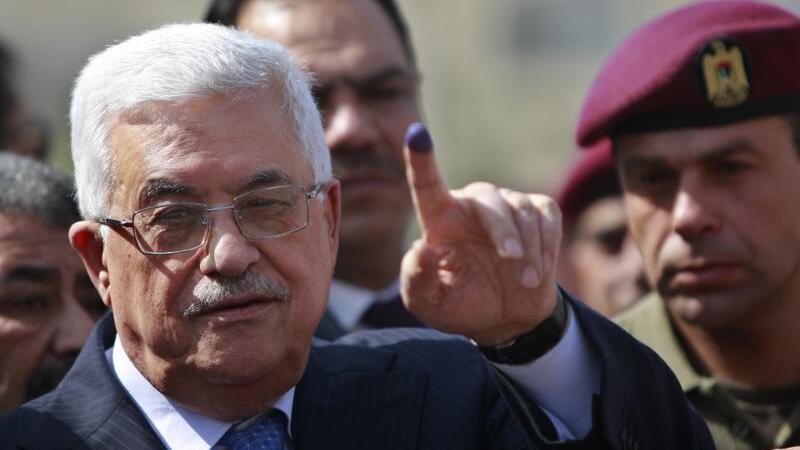Getting your Trinity Audio player ready...
Israeli soldiers shot dead a Palestinian teenager during clashes in the West Bank, in the midst of what the Israel Defense Forces on Monday described as an operation to demolish the home of a suspected attacker.
The home near the West Bank city of Jenin belonged to Mohammad Jaradat, who Israel has accused, along with other accomplices, of killing a Jewish yeshiva student as he left the illegal West Bank settlement outpost of Homesh in December.
The bloody day in the northern West Bank was preceded by a violent day in the Sheikh Jarrah neighborhood of East Jerusalem, where dozens of Palestinian residents are at risk of being evicted from their homes, due to a legal and political dispute over who owns them.
Last week, Israeli forces killed three Palestinians in broad daylight in the middle of Nablus, a city under the full control of the Palestinian Authority. Israel had blamed the three men of being behind a string of shooting attacks on civilians and soldiers in the West Bank.
Meanwhile, thousands of disgruntled Palestinians demonstrated in Hebron and elsewhere in the West Bank against security chaos and price hikes on electricity, gas and a myriad of food items, demanding answers and action.
All this comes amid concerns following last week’s meeting of the Palestinian Central Council (PCC), the executive committee of the Palestine Liberation Organization, which Palestinian Authority President Mahmoud Abbas used to entrench his power and secure his successor.
Major Palestinian factions have blasted Abbas’ new appointments to top positions in the PLO during the PCC meeting as illegitimate and a way for him to install his successor.
Abbas’ critics have accused him of power grab; Palestinian internal politics appear to be more fragmented than ever before.
The last time PA presidential elections were held was back in 2005, while a poll for the Palestinian Legislative Council, the legislature of the PA, took place 16 years ago. A year later, a division between Gaza and the West Bank occurred, causing a major rift between the Palestinians’ two largest factions, and essentially creating two separate political entities.
Abbas dissolved the Palestinian Legislative Council in 2018.
In an attempt to cool anger on the Palestinian street, the final statement of the PCC meeting announced the freezing of PA security coordination with Israel.
The same declaration was made by the same PLO body four years ago but was never implemented; this time around it failed to garner much support, and many Palestinians doubt the motives behind it.
4 View gallery


Minister Hussein Al-Sheikh with Palestinian Authority President Mahmoud Abbas
(Photo: Courtesy)
Jihad Mansour, a lawyer from Nablus, said that people are accustomed to fiery statements by Palestinian officials.
“They take us for granted. They truly believe that we are dumb. When they are in a bind, they attack Israel and threaten to stop the [security] coordination with the occupation. They never follow through on any of their decisions,” he said.
But the PA is facing a bigger problem, and that is the growing perception among many that its control on the ground is shaky.
“They failed in keeping the trust of the people,” said Fadi, a social activist who has been arrested several times by PA security forces. He states that people want change. “They had ample time to implement their agenda and they flunked. They are only interested in securing their own positions,” he said of the current Palestinian leadership.
The division among Palestinian factions is not limited to Fatah and Hamas. Fatah, the movement that Abbas heads, is from within, with many of its top officials either marginalized by the 86-year-old president or expelled from the group.
Ramallah-based political analyst Fares Sarfandi claimed that both the PLO and PA have been weakened by Abbas’ policies: “The PA’s popularly has dropped as a result of wrong governance practices and the state of corruption, slack and deviation that afflicted it,” he said. Sarfandi adds that the Palestinian street has “lost confidence” in the PA, leading many to look for an “alternative.”
4 View gallery


Demonstrators carry posters that read 'Abbas, leave,' during a rally protesting his death, in the West Bank city of Ramallah
(Photo: AP)
Following Israel’s killing of three members of Fatah’s military wing, the Al-Aqsa Martyrs’ Brigades, many of the movement’s members including Abbas praised the three operatives.
“I think that the escalation of the Fatah movement’s discourse is nothing but an attempt to cover up the weakness of the Palestinian Authority’s discourse, because Fatah until this moment is the PA and there is no real disengagement between the two entities,” Sarfandi said.
He says 2022 will see an uptick in violence in the Palestinian territories, as a result of the PA’s financial woes and the continued tension with settlers in the West Bank. But he doesn’t see a third intifada, or uprising, on the horizon: “I think that the objective reasons for the explosion of the situation in the West Bank exist, but they are premature,” he said.
The story is written by Mohammad Al-Kassim and reprinted with permission from The Media Line



